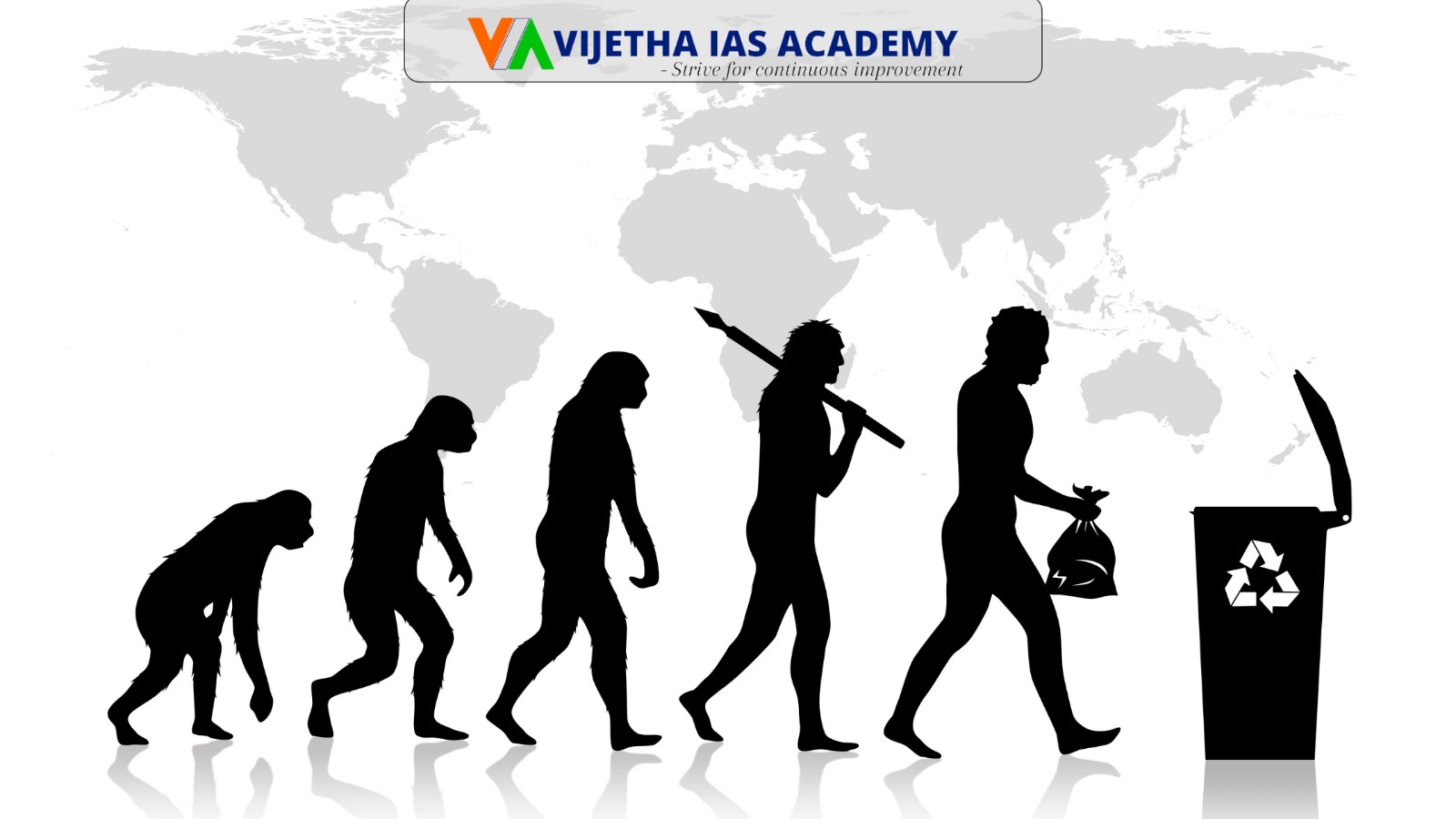
Anthropological Thought for UPSC Aspirants
Anthropological Thought for UPSC Anthropology is an intriguing field of study that explores human beings, their society, and their cultures. To succeed in the Anthropology Optional paper, UPSC candidates must grasp anthropological concepts. thorough Anthropological Thought for UPSC summary of important anthropological theories and ideas, enhanced with the newest, most search engine-friendly content to improve your Google ranking.
Key Anthropological Theories
-
Evolutionism
- Classical Evolutionism: Pioneered by E.B. Tylor and Lewis Henry Morgan, this theory posits that societies evolve in a linear progression from ‘savage’ to ‘civilized’. Tylor introduced the concept of ‘survivals’, while Morgan categorized societies into stages like savagery, barbarism, and civilization.
- Neo-Evolutionism: Leslie White and Julian Steward emphasized the role of energy and technology in societal development. White’s concept of energy capture and Steward’s idea of multilinear evolution highlight different paths societies can take based on environmental factors.
-
Functionalism
- Structural Functionalism: A.R. Radcliffe-Brown viewed society as an organism where different parts (institutions) work together to maintain stability and equilibrium.
- Psychological Functionalism: Bronisław Malinowski emphasized the role of culture in fulfilling the basic psychological and biological needs of individuals.
-
Structuralism
- Claude Lévi-Strauss: This theory focuses on the underlying structures of human thought and culture, suggesting that human societies share common cognitive structures.
-
Cultural Materialism
- Marvin Harris: This theory posits that material conditions, including technology and environment, shape culture and societal structures.
Importance of Anthropological Theories in UPSC
Understanding anthropological theories is not just about memorizing concepts; it’s about learning to apply these theories to analyze and interpret human behaviors, cultural patterns, and social institutions. The UPSC anthropology optional paper frequently includes Anthropological Thought for UPSC questions that require a thorough understanding of these theories and their applications.
Benefits of Understanding Anthropological Theories
- Analytical Skills: Theories provide frameworks for analyzing cultural and social phenomena, enhancing critical thinking skills.
- Comprehensive Knowledge: A solid grasp of theories enables you to understand the evolution of anthropological thought and its application to contemporary issues.
- Essay Writing: Theories offer structured ways to present arguments and insights, improving essay quality.
- Interdisciplinary Approach: Theories often intersect with other disciplines, enriching your overall understanding and approach to the UPSC exam.
Conclusion
Anthropological Thought for UPSC aspirants opting for Anthropology Optional. By understanding and applying key theories, you can enhance your analytical skills, improve your essay writing, and gain a comprehensive knowledge of human societies and cultures. For expert guidance and resources, consider enrolling in courses offered by Vijetha IAS Academy.
For more information on our courses, visit our Anthropology Courses page. Explore our Test Series and Online Courses for flexible learning options.
Contact Details and Address
Top Anthropology Optional IAS Coaching Center in Delhi Vijetha IAS Academy | Best Anthropology Optional IAS Coaching in Delhi








Профессиональный сервисный центр по ремонту бытовой техники с выездом на дом.
Мы предлагаем:сервис центры бытовой техники москва
Наши мастера оперативно устранят неисправности вашего устройства в сервисе или с выездом на дом!